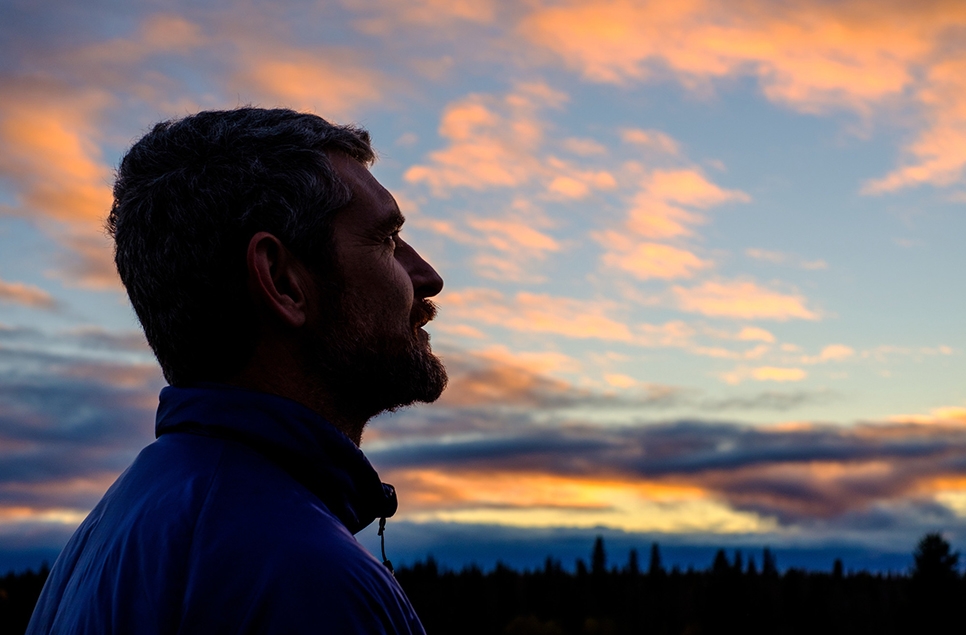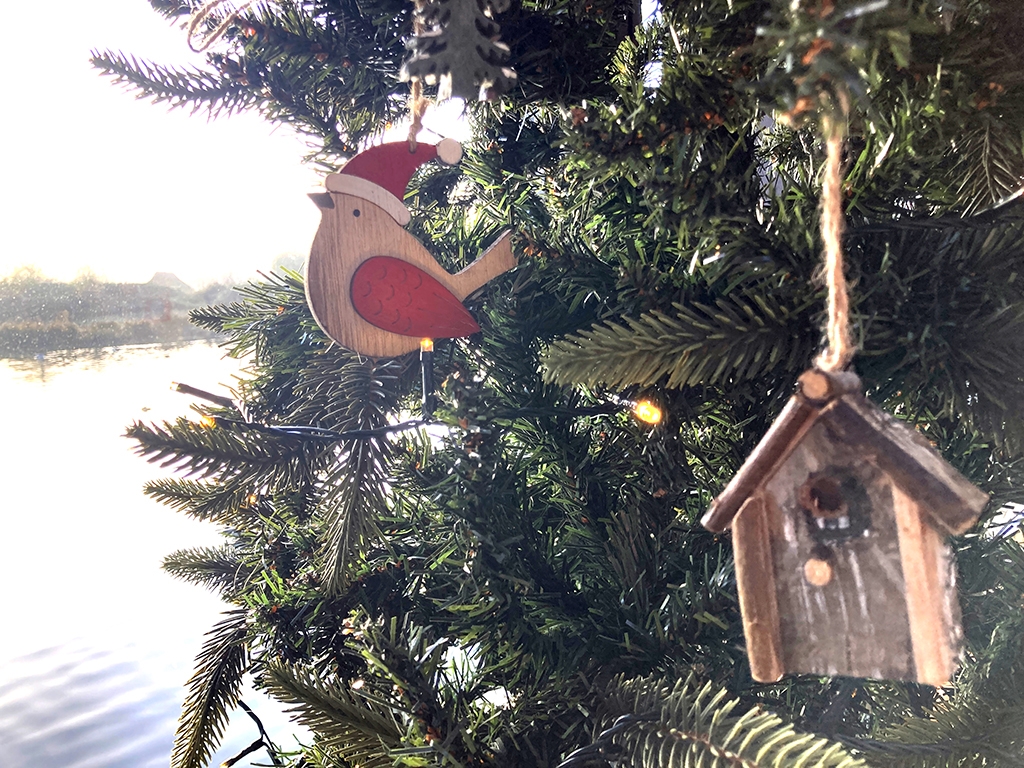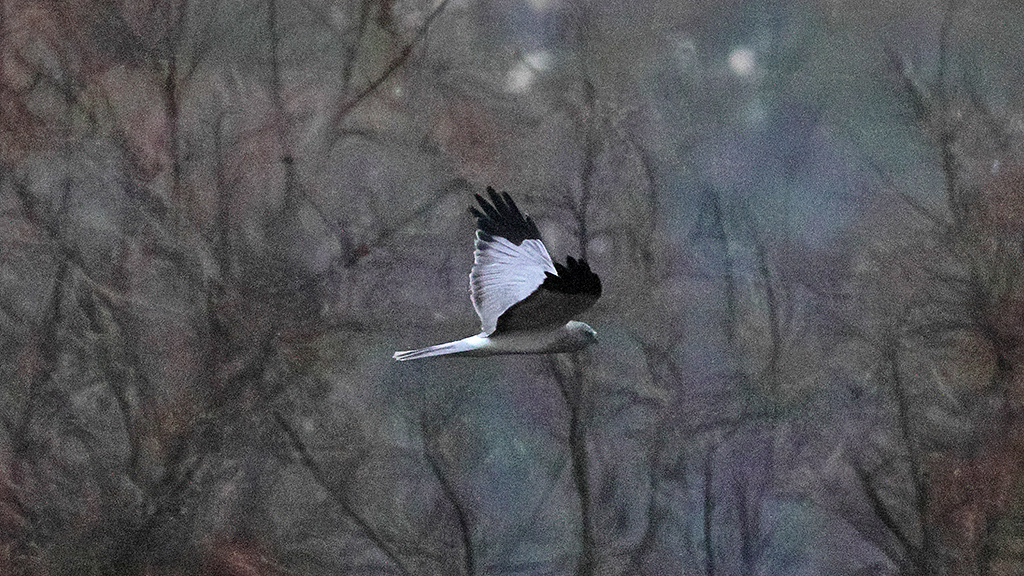Discover mood-boosting wetlands

Wander through wild spaces that give you room to breathe. Uncover inspiring wildlife hidden in every corner. Lose yourself in worlds within wetlands this winter.
Research by the Mental Health Foundation reports 65% of people say that being near water is their favourite part of nature and improves their mental wellbeing. The Wildfowl & Wetlands Trust has partnered with the Mental Health Foundation to pull together tips and ideas on how you can use a trip to a wetland centre to boost your health and wellbeing, whatever the weather. Download a copy of Wetlands & Wellbeing Guide for winter here.
Leave dull winter days behind and swap the view from your living room for the wide-open world of the wetlands. Stroll under vast winter skies as flocks soar overhead. Spot lapwings and egrets from a cosy, quiet hide. Enjoy good food and great coffee with friends, then catch an early sunset as our birds come home to roost.
A WWT pilot study published in 2019 in the International Journal of Environmental Research and Public Health showed how wetlands can boost the wellbeing of people dealing with anxiety and depression. Research by Exeter Medical School also in 2019 suggests that spending at least 120 minutes a week in nature is associated with good health and wellbeing, but this can be made up of short spells – and we should prioritise quality over quantity. Making a deep emotional connection with nature is more beneficial than exposure to nature alone. Instead of wetland nature being a beautiful backdrop to a day out, connecting with nature is essential to your wellbeing.

120 minutes a week in nature is associated with good health and wellbeing, but this can be made up of short spells of 10 mins each
“Nature connectedness”, is a term defined by studies from the University of Derby, which recommends taking positive aspects of spending time in nature further, by creating a more meaningful and deeper experience. Their research suggests there are five pathways to nature connection – senses, emotion, beauty, meaning and compassion. For example 'Senses' could be listening for birdsong or smelling flowers. Examples of 'Emotion' are noting your happiness level when you are in nature or taking time to calm yourself and be 'in the moment'. The 'Beauty' pathway suggests taking time to appreciate a view or take photos or make sketches while in nature. To find 'Meaning' pursue you own traditions like noting your first sand martin at Easter or smelling the first bluebell. The 'Compassion' route suggests developing an ethical and moral concern for nature expressed in volunteering or your product choices.

Nature connectedness is a person's sense of their relationship with nature - how we think about nature, how we feel about nature and how we relate to nature. Simply put, we are nature, not separate from it. Build your connection with nature this winter to enhance your wellbeing. Engage your senses, feel the joy and beauty of the changing season around you and care for the natural world by supporting wetlands.
Claire Hogben, Centre manager of Arundel Wetland Centre said: “Wetland nature offers an escape from everyday pressures and demands. It give us fresh air, peace, beauty and space, it offers us a deeper connection and an awareness that we’re part of something so much bigger than ourselves.”
Let wetlands nature lift your spirits this winter. Book your visit today. Arundel Wetland Centre is open from 10 am to 4.30 pm each day.



